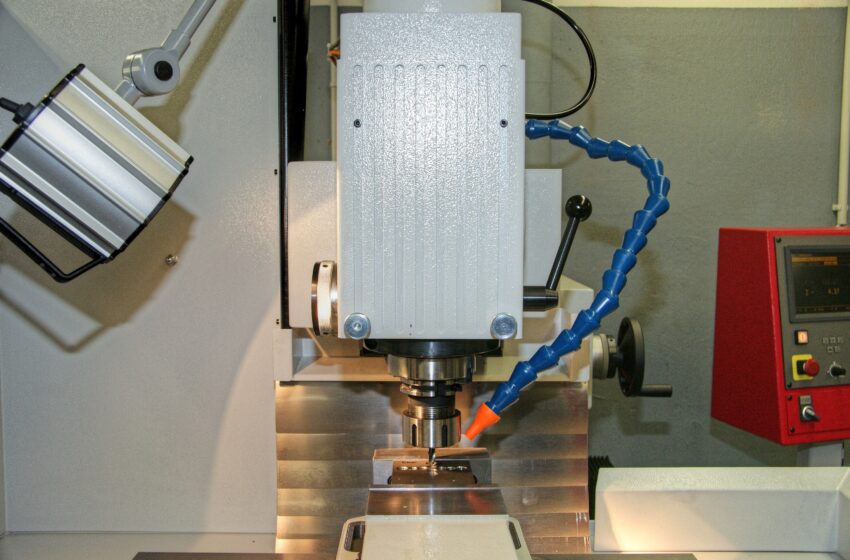Introduction
Artificial Intelligence (AI) has long been a topic of fascination and concern. Recently, Prof Yann LeCun, one of the renowned “godfathers of AI,” expressed his belief that the fear of AI taking over the world or destroying jobs is unfounded. In this article, we will explore the potential of AI and its effects on work and employment, shedding light on both the positive and negative aspects. Drawing from historical evidence, we will see how past automation advances have taken a generation or more to significantly impact the workforce.
Addressing Misconceptions
Prof LeCun emphasized that concerns about AI stem from an inability to imagine how it can be made safe. He drew a parallel with introducing previous automation technologies, such as turbo-jets. In the early 20th century, turbo-jets were a new and uncertain technology, with concerns about their safety. However, significant advancements were made over time, making turbo-jets incredibly reliable and safe. Similarly, developing reliable and safe AI systems is an ongoing process, and human-level AI is yet to be invented.
AI’s Path to Advancement
While AI will eventually surpass human intelligence, Prof LeCun highlighted that reaching that level requires discovering essential concepts, which may take years, if not decades. This gradual progression is consistent with previous automation advances. For example, the Industrial Revolution introduced various forms of automation, significantly transforming industries and the nature of work. However, these changes took a generation or more to profoundly impact the workforce. AI’s journey toward artificial general intelligence (AGI) follows a similar trajectory.
The Impact on Jobs
One significant concern surrounding AI is its potential to replace human jobs. However, historical evidence suggests that automation advances have not led to permanent job loss but rather a transformation of work. Throughout history, technology has displaced specific job roles while creating new ones. For instance, the rise of machines during the Industrial Revolution resulted in certain manual labor jobs declining. Still, it simultaneously led to the emergence of new skilled roles. This phenomenon demonstrates that work adapts and evolves in response to technological advancements.
The Positive Effects of AI
AI offers a multitude of positive impacts on work and jobs:
Increased productivity
Automation through AI eliminates repetitive and mundane tasks, allowing workers to focus on more creative and strategic aspects of their jobs. This leads to enhanced productivity and job satisfaction.
Improved decision-making
AI’s ability to analyze vast amounts of data empowers workers with valuable insights, enabling more informed and effective decision-making processes.
Enhanced safety
AI can contribute to safer work environments by monitoring and detecting potential hazards in real-time, minimizing accidents, and ensuring the well-being of workers.
Skill development
AI-based platforms provide personalized training opportunities, allowing workers to upskill and reskill in response to changing job requirements. This ensures their continued relevance in a dynamic job market.
Conclusion
While the benefits are substantial, it is crucial to recognize and address the negative impacts that might include job displacement over the short term until workers are retrained and ethical considerations such as data bias that could inadvertently discriminate against workers or consumers.
As Prof LeCun stated, AI will not take over the world or permanently destroy jobs. Instead, it will lead to a transformative shift in work dynamics. By understanding the potential of AI and its effects, we can harness its power to protect and enhance jobs. Drawing from historical evidence of past automation advances, we see that significant impacts on the workforce often take a generation or more to materialize. This insight provides reassurance that society has the time and capacity to adapt and navigate the changes brought about by AI. Striking a balance between embracing the benefits of AI and addressing its challenges is crucial for ensuring a prosperous future where humans and AI can collaborate effectively and ethically.


